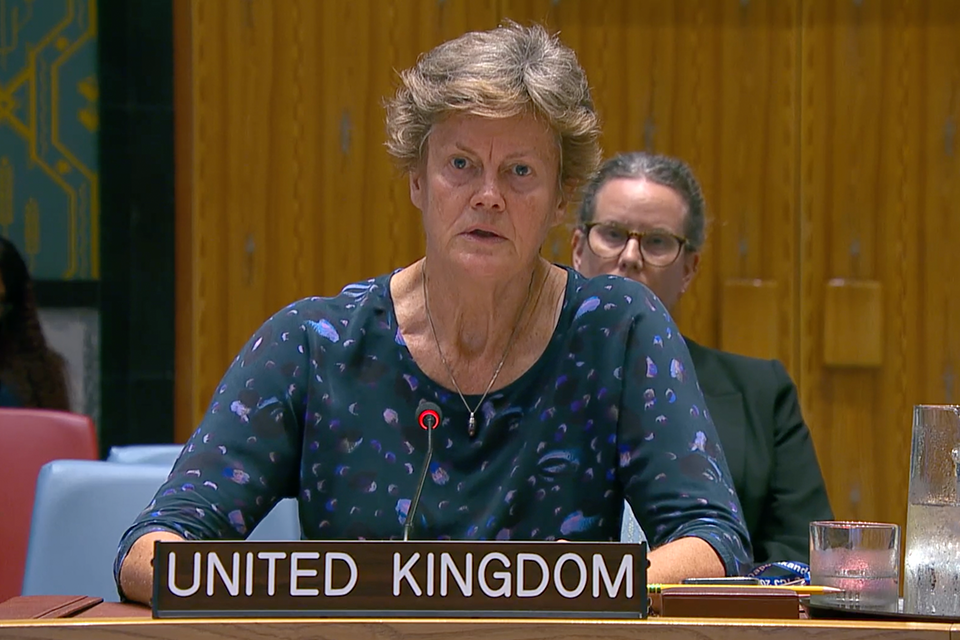-
From new medical sensors to components for next-generation computers that could boost cyber security or discover new medicines, Exeter experts are bringing state-of-the-art new materials to life with £19.6 million backing
-
Exeter University’s MetaHub will design materials with specially engineered properties, not found in nature, at microscopic scale
-
MetaHub has already attracted £4.5 million of private investment, boosting to the high-growth technologies and sectors that will drive our Plan for Change in the South West and beyond
Researchers in Exeter have today (Saturday 24 May) been selected to host a state-of-the-art facility developing new materials designed at microscopic scale – paving the way for new jobs and businesses in everything from medical sensors to healthier food colourings in soft drinks.
The University of Exeter’s MetaHub will be supported by £19.6 million in public and private backing, announced by Science Minister Lord Vallance at the University.
The MetaHub is focused on ‘nanoscale metamaterials’ – a new class of advanced materials, designed at the tiniest, molecular level, so that they have new and useful properties that cannot be found in the natural world. This could enable components to be created that are much smaller than current technology allows, or that can perform new functions that aren’t possible with existing materials.
These new materials could be used to make the next generation of computer components and radio transmitters for defence systems, diagnostic tools for healthcare, and healthier food colourings for soft drinks. Their work is being backed by businesses ranging from defence and security firms QinetiQ and Leonardo to multinational drinks manufacturer PepsiCo.
This is a growing field, emerging from just a handful of groups doing such research, with the UK already leading the way. Investing now in the UK’s metamaterials expertise paves the way for the products of the future to be discovered and commercialised in Britain – with new jobs, businesses and even entire industries to potentially flow from them.
Delivering this growth in partnership with the private sector, £10.5 million of the total funding comes from UK Research and Innovation, with a further £4.5 million in private investment crowded in – showing the value of cutting-edge research as a driver of investment into all corners of the country, in support of the Plan for Change. A further £4.65 million comes from the University of Exeter and other higher education institutions.
Speaking at the University of Exeter, Science Minister Lord Vallance said
The work happening here in Exeter is a prime example of how cutting-edge research can attract private investment and drive economic growth, in every corner of the UK, which will be critical to our economic mission at the core of the Plan for Change.
Our backing for the MetaHub is an investment, for both today and for tomorrow. We are securing the UK’s leadership in the high-potential field of metamaterials, a new class of materials specially engineered to have new and useful properties. This work is paving the way for future products and innovations that will deliver jobs and growth, in the years ahead.
At the University yesterday, Lord Vallance met researchers leading major new initiatives across climate change, critical minerals and human genomics which together with MetaHub represent £80 million of new public and private sector investment into Cornwall and Devon.
University of Exeter Deputy Vice-Chancellor Stuart Brocklehurst said
Our world leading research across many of the hottest areas of science will both help address profound global challenges and create opportunity across the South West. It’s been great to welcome Lord Vallance to the University of Exeter to celebrate the work of our researchers and the investment which their work is attracting from public and private sources alike.
Professor Charlotte Deane, Executive Chair at EPSRC said
We’ve nurtured metamaterials research for many years and it’s fantastic to see it grow from a few individual research groups in the 1990s to a rapidly expanding and thriving research community today.
By harnessing the control of light, energy and information, the MetaHub has the potential to benefit both civil and defence sectors. From more efficient, effective and secure computing and communication to advanced sensing and energy generation, this research will take curiosity-led research to tangible outcomes.
Whilst in Exeter, Lord Vallance also visited another hub for world-leading science and research which is based there the Met Office. As the UK’s national weather forecasting service, the Met Office’s work is critical to the safe and routine operation of transport, energy, businesses and even national security – efforts bolstered by the switchover to the world’s first cloud-based supercomputer dedicated to weather and climate science, which went online last month. Lord
Vallance also saw how the Met Office is using technologies like AI, to overhaul how we study and understand weather and climate change.





